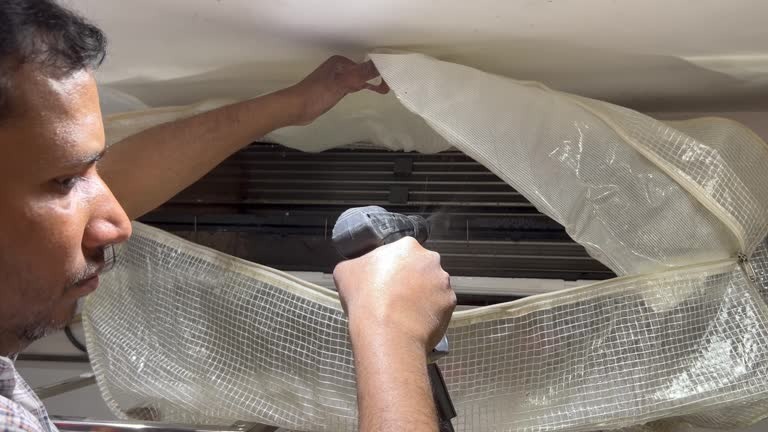
In recent years, the concept of eco-friendly living has gained significant traction as more individuals become aware of their environmental impact and seek sustainable alternatives. One avenue that has garnered attention is the construction of tiny houses, particularly in Portland, Oregon—a city renowned for its commitment to sustainability and innovative housing solutions. The journey towards an eco-friendly lifestyle often begins with selecting the right tiny house builder who shares this vision.
Portland’s vibrant culture and progressive ethos make it a hub for environmentally conscious living. Tiny houses align perfectly with this mindset by offering a minimalist lifestyle that reduces carbon footprints. They require fewer materials, consume less energy, and occupy smaller land spaces compared to traditional homes. However, achieving true sustainability goes beyond merely downsizing; it involves thoughtful design and construction practices championed by expert builders.
Choosing the right Portland tiny house builder is crucial in ensuring your home meets high ecological standards while catering to personal preferences. A reputable builder will prioritize using sustainable materials such as reclaimed wood, recycled steel, or non-toxic paints—elements that contribute significantly to reducing environmental harm. Moreover, they incorporate energy-efficient systems like solar panels or rainwater harvesting setups to minimize reliance on conventional resources.
Collaboration is key in get more insights creating a tiny house that reflects both eco-consciousness and individuality. Builders who understand this are adept at working closely with clients throughout the design process, ensuring every aspect aligns with their green goals without compromising on aesthetics or functionality. Whether it’s optimizing natural light through strategic window placement or integrating multi-purpose furniture to maximize space utilization—attention to detail makes all difference.
Furthermore, experienced builders are well-versed in local zoning laws and building codes essential for legal compliance—a critical factor often overlooked by novice enthusiasts eager to embark on their sustainable journey independently.






